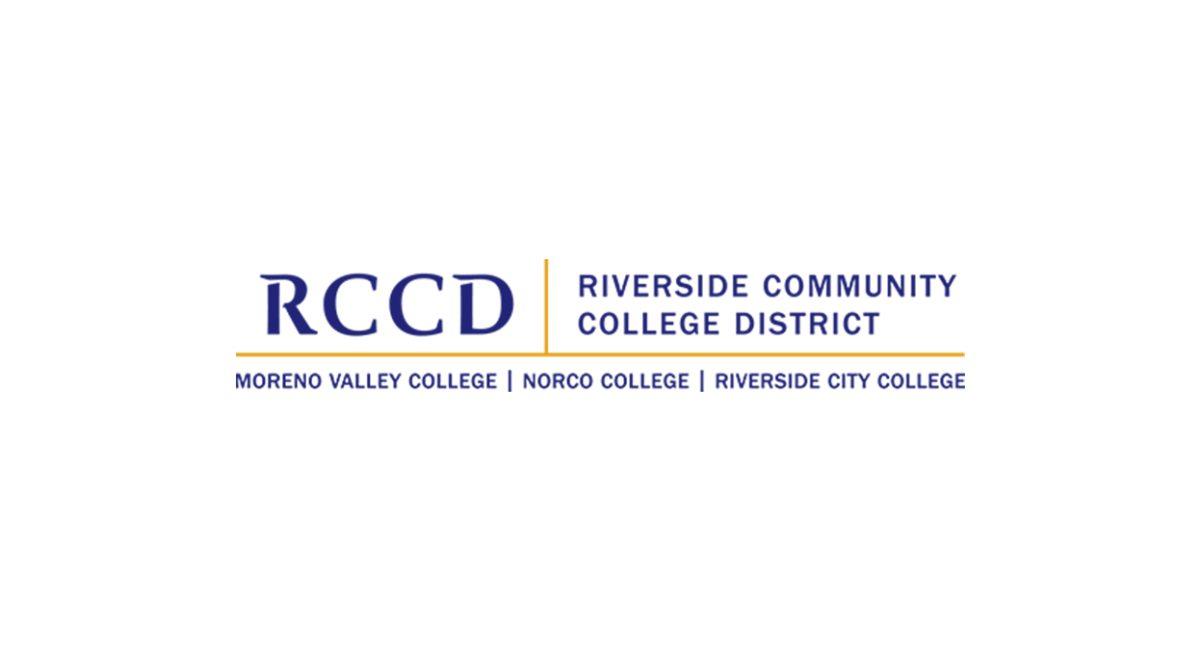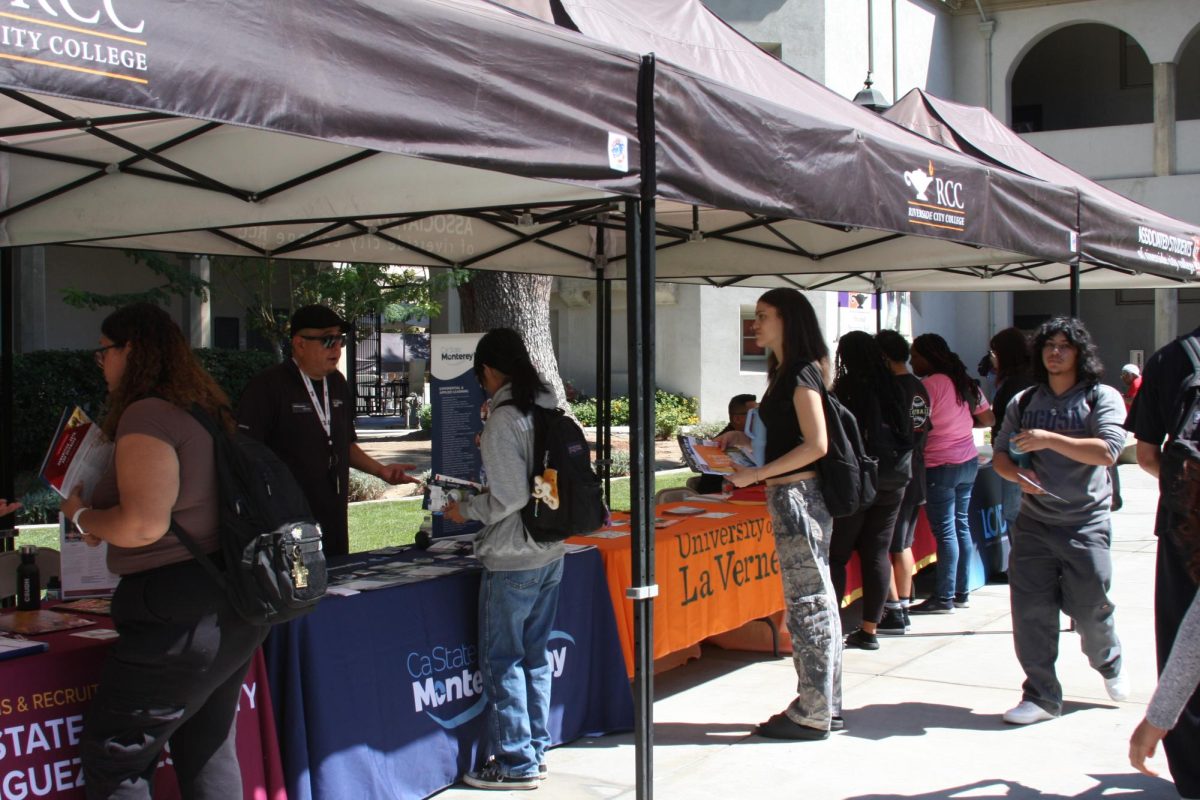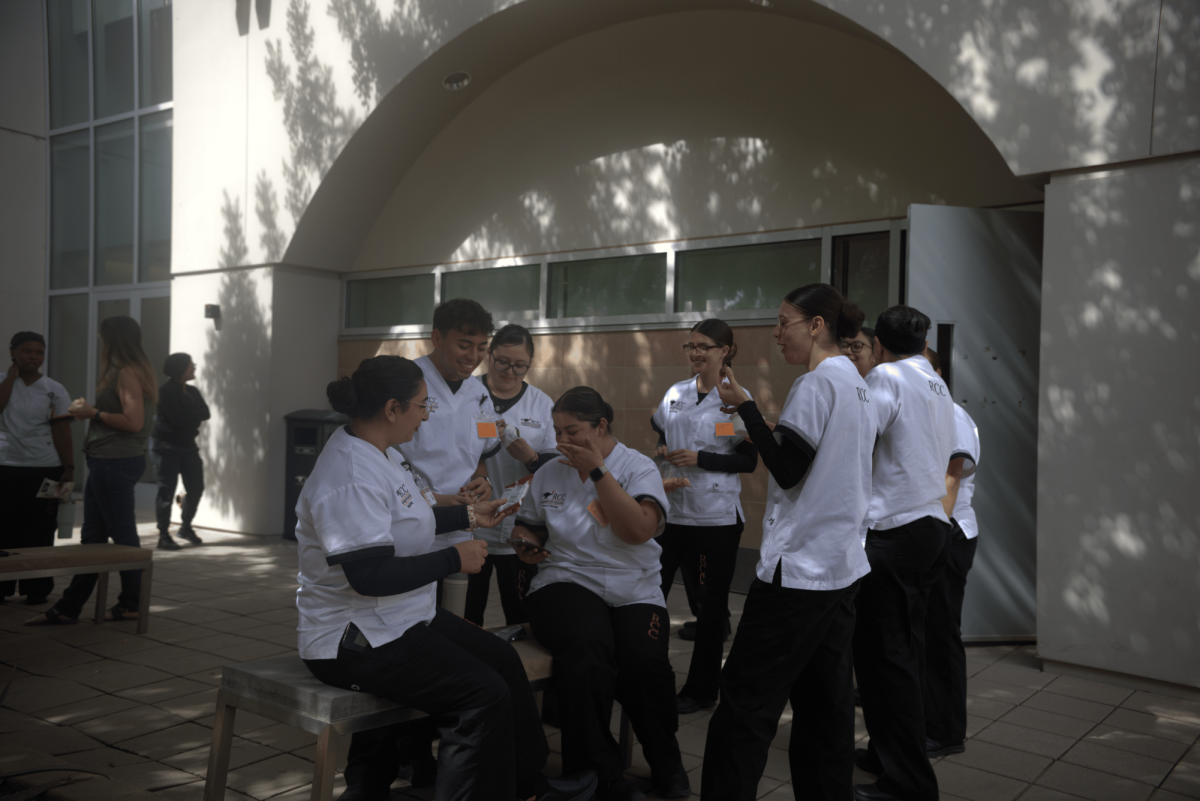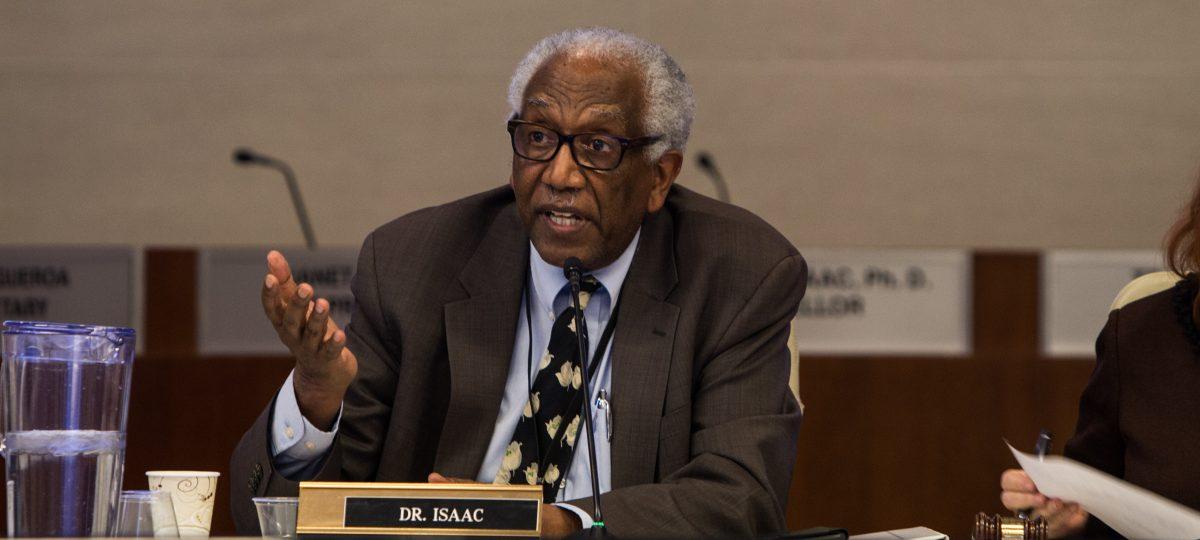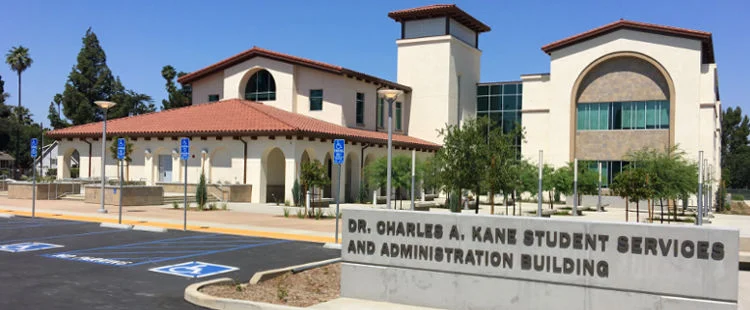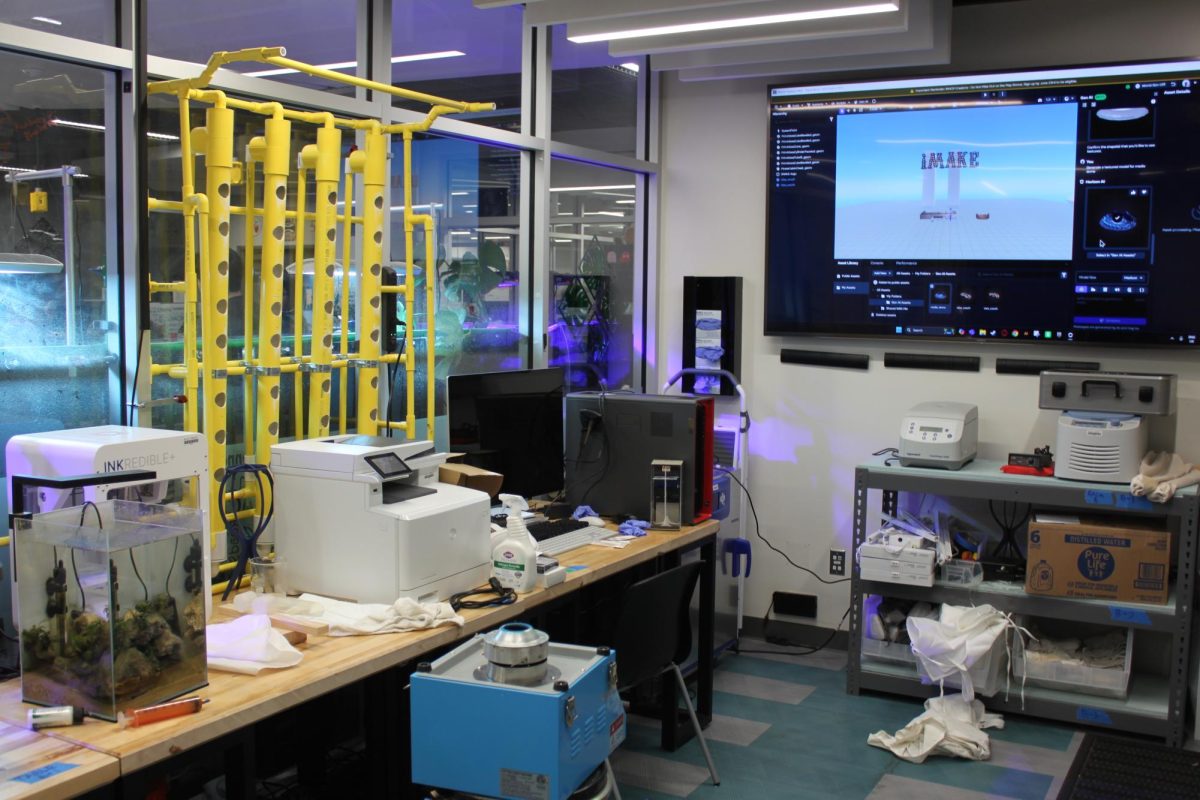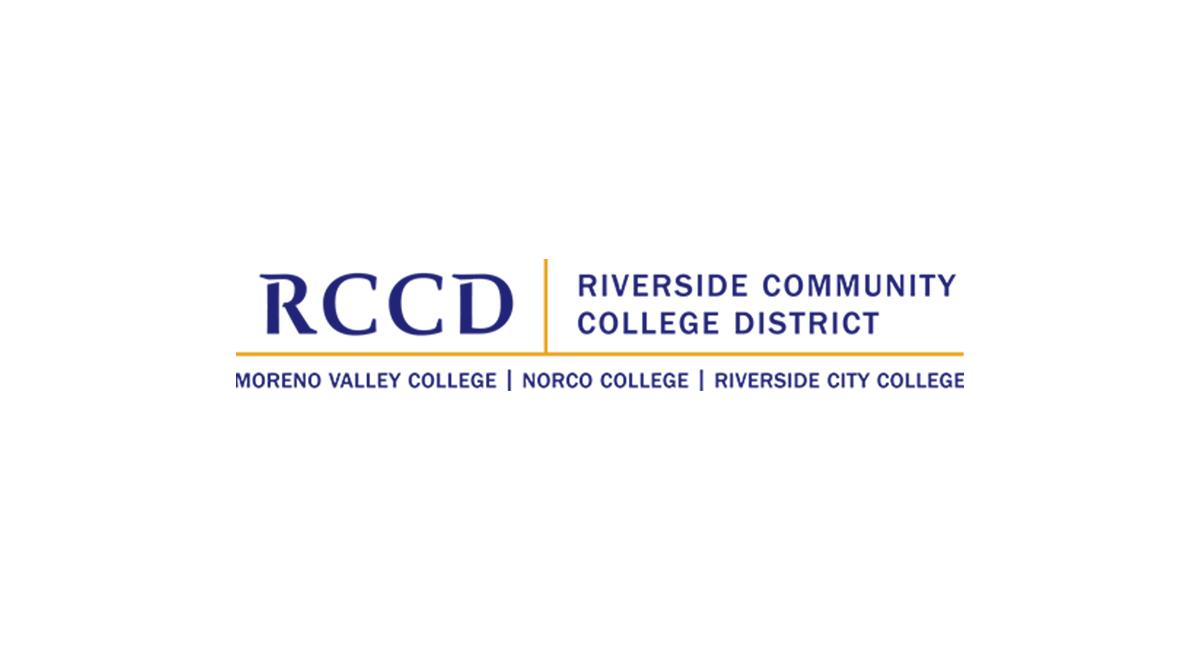
By Erik Galicia
Tensions between the Riverside Community College District Faculty Association and Human Resources Department eased as both sides came to an agreement over investigations of instructors.
Union board members went public with their grievances at recent Board of Trustees and Academic Senate meetings. While declaring full support for faculty investigations that root out any sort of discrimination, they said they believed HR had gotten out of control in its handling of said investigations.
Chancellor Wolde-Ab Isaac was in New York at the time that union board members publicly addressed the issues they were having with HR. While he was gone, the dispute reached the point where the Faculty Association called for a complete audit of HR and a public hearing on the department.
According to Rhonda Taube, Faculty Association president, HR had “gone crazy with what is the latitude of what constitutes an investigation.”
“They really seem to be working outside of the bounds of the law,” she said in an interview April 1.
Taube and Dariush Haghighat, Riverside City College vice president of the Faculty Association, claimed HR has questioned instructors about “who sits next to who at committee meetings” and “who says hello to who in the morning.”
The HR Department is responsible for maintaining a climate that is free of unlawful discrimination, harassment and retaliation. The department is tasked with overseeing investigations of possible violations of Title V and IX, laws that prohibit discrimination based on ethnicity, nationality, race, gender, sex, sexual orientation and other protected characteristics.
Lorraine Jones, district Title IX and compliance officer, responded to Taube’s and Haghighat’s claims through Chris Clarke, the district’s public information officer.
“This assertion is patently false and damaging to the district,” Jones said through Clarke. “The responsibility to ensure the district appropriately stops, investigates and prevents discrimination, harassment and retaliation is a serious one and not taken lightly.”
Clarke also relayed that Jones said nearly every law that governs the district’s response to complaints of discrimination, harassment and retaliation has changed in the past several years as a result of significant social justice movements.
The PIO cited the #MeToo movement, the Penn State sexual abuse scandal, the college admissions scandal, the Brock Turner rape case and other notable cases.
“Title IX and Title V, and the California Education Code have all changed in light of these and other national issues,” Jones said in her statement. “The rules that govern these processes do not create or allow for an exemption for faculty.”
But the union members said the line between what requires an investigation and what does not had been blurred. They alleged that, in some instances, minor occurrences were investigated while major ones were not.
Much of what was investigated did not fall under what is considered a Title V or IX violation, Haghighat said.
According to Haghighat, faculty disputes and issues between instructors and students were being sent to HR when they should have been handled by vice presidents and deans at the individual colleges.
Private law firms hired by the district perform investigations, as agreed upon by RCCD and the union.
Delisle Warden, district general counsel and chief of staff, commented about the hiring of attorneys through Clarke that “the district uses various firms, depending on expertise, training and availability.”
The Faculty Association requested documents from the district that detail the costs of faculty investigations, citing the California Public Records Act and the Educational Employment Relations Act as the legal basis for the union being entitled to those records.
Taube and Haghighat shared the request to HR in a series of emails provided to district employees between March 11 and April 1. They asked for all financial documents related to the costs of investigations and the HR Department’s budget.
The request was met with resistance based on the confidential nature of certain aspects of the documents.
The initial response did not sit well with the Faculty Association, which considered filing with the Public Employment Relations Board to resolve the issue.
Things changed when Isaac recently made it back to Riverside and listened to the union’s concerns in hours-long meetings.
“We reached an agreement that the issues need to be tackled in a meaningful manner,” he said.
According to Haghighat, Isaac said the district will provide the financial documents it can legally provide.
“We don’t want to compromise confidentiality,” Haghighat said. “But all other information will be provided.”
A union email sent to faculty April 7 commended the district for providing the documents and lamented dragging Warden into the dispute. It also said the Faculty Association could continue negotiating with the district in good faith.
Haghighat said Isaac also told him he would ask HR management and Warden to work directly with the Faculty Association.
“We agreed that HR needs to revamp and reorganize itself and work through these problems,” he said. “We agreed to structure the union and HR to work together in the agreement about law firms that are hired to conduct faculty investigations. Their credentials must be approved by both HR and the Faculty Union so both sides have confidence in the decision.”
The only thing left to do is de-escalate the built up animosity, he added.

